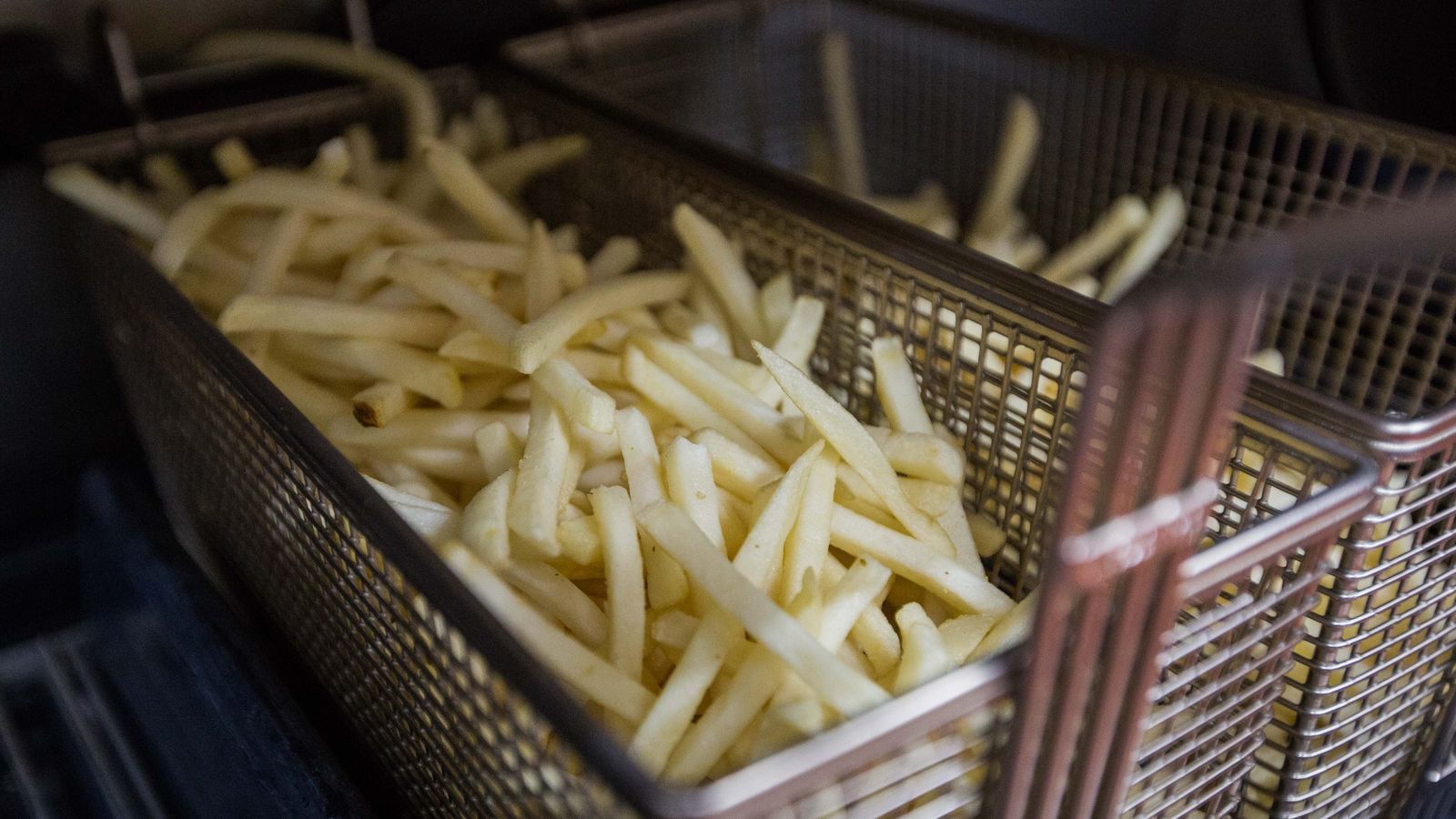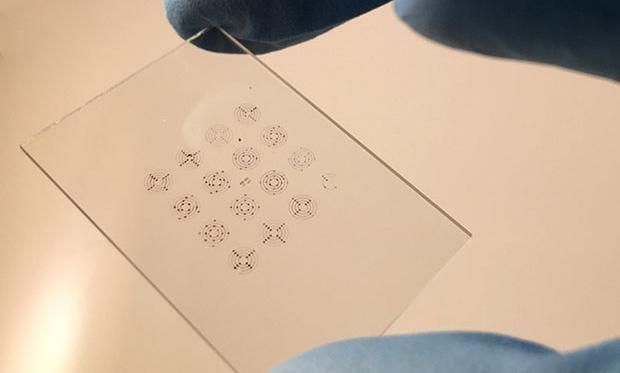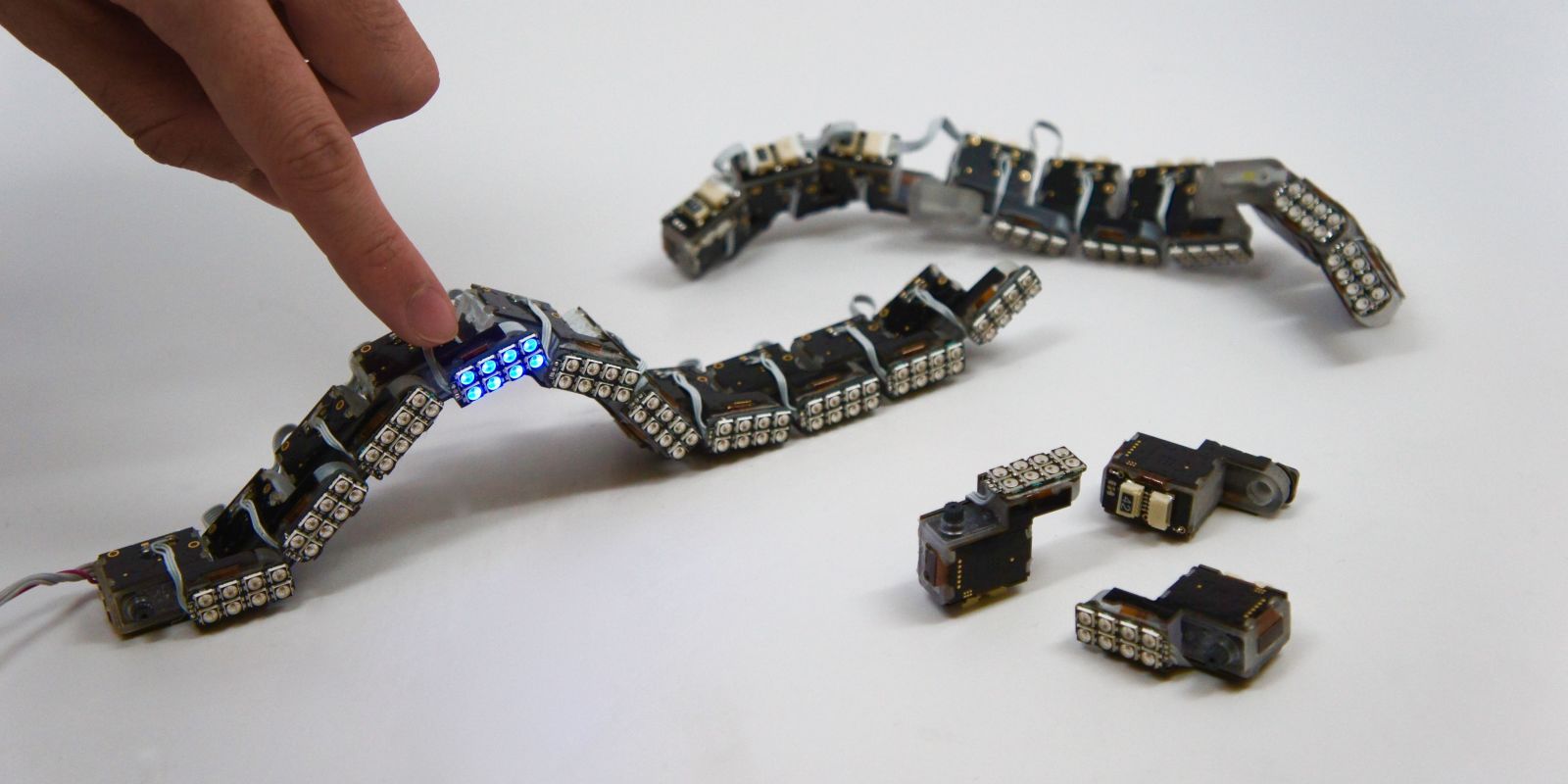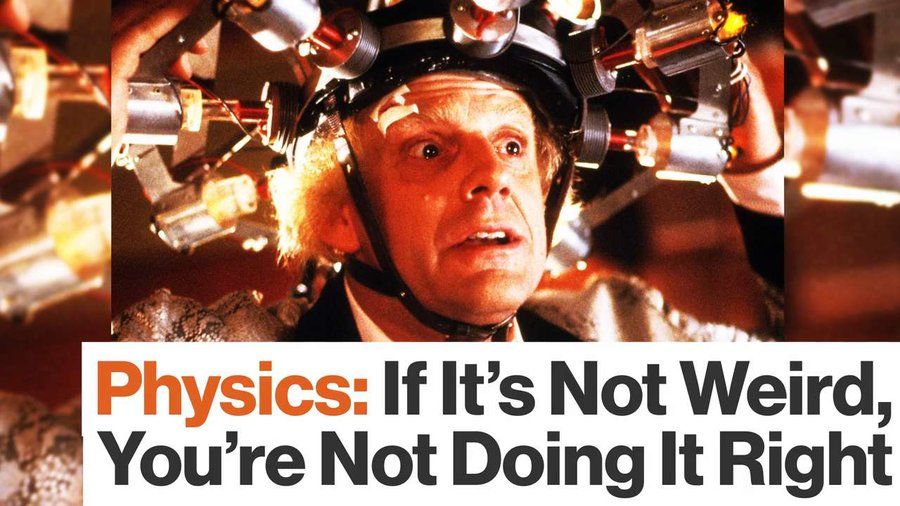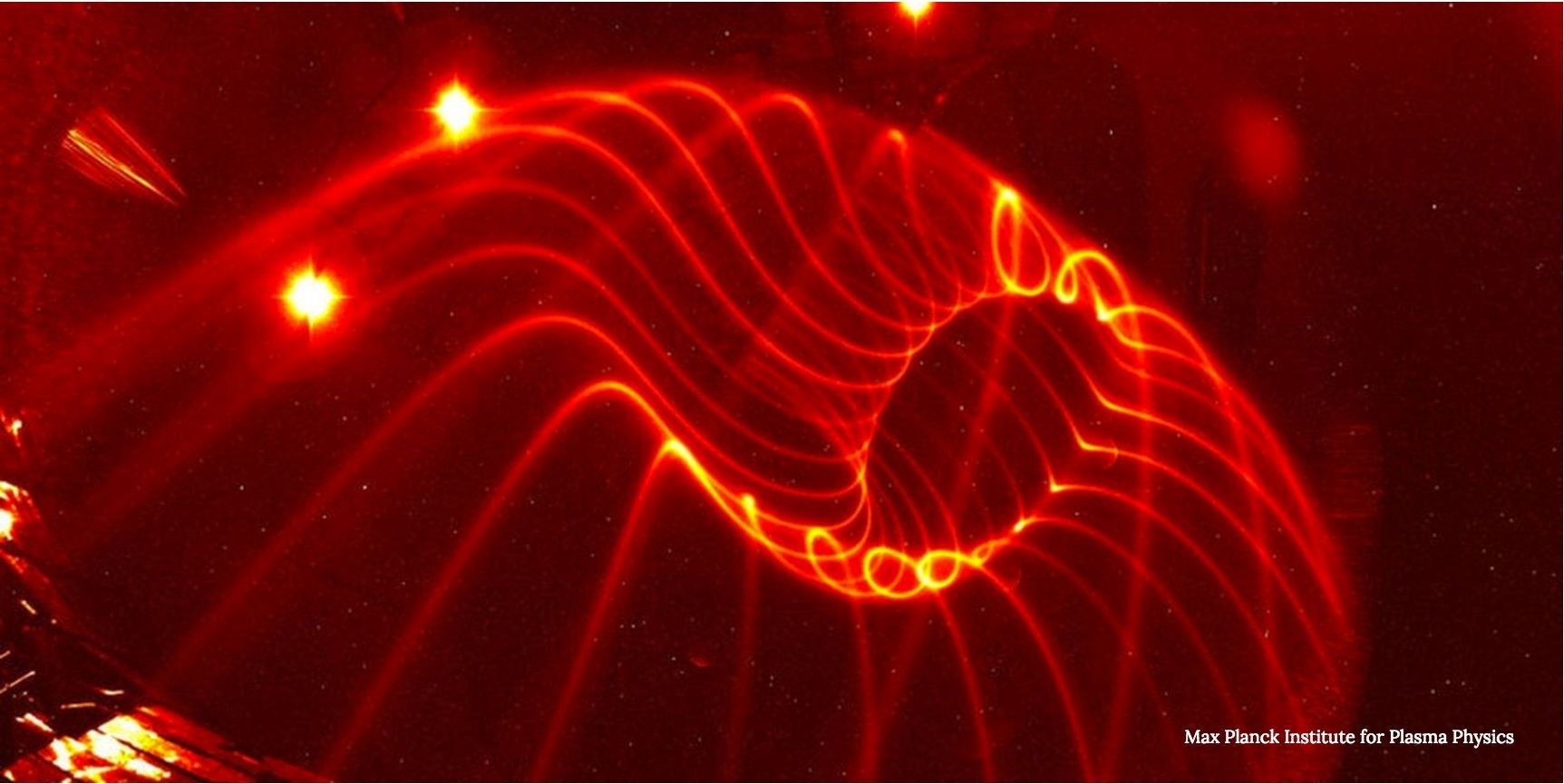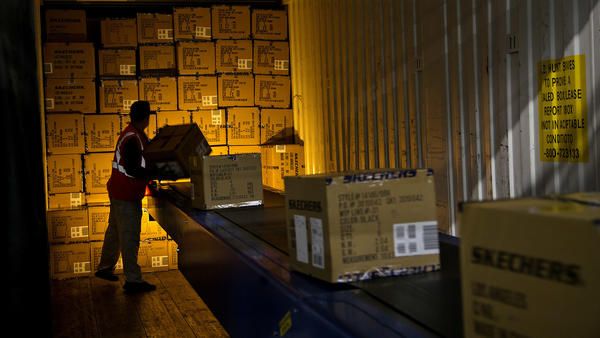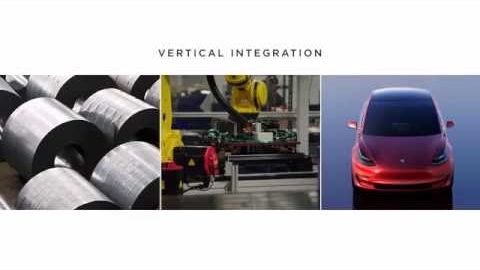Page 10635
Dec 10, 2016
Forest of Carbon Nanotubes Stamps Electronic Ink Onto a Surface
Posted by Klaus Baldauf in categories: electronics, nanotechnology
Dec 9, 2016
AI Will Colonize the Galaxy by the 2050s, According to the “Father of Deep Learning”
Posted by Andreas Matt in categories: robotics/AI, space
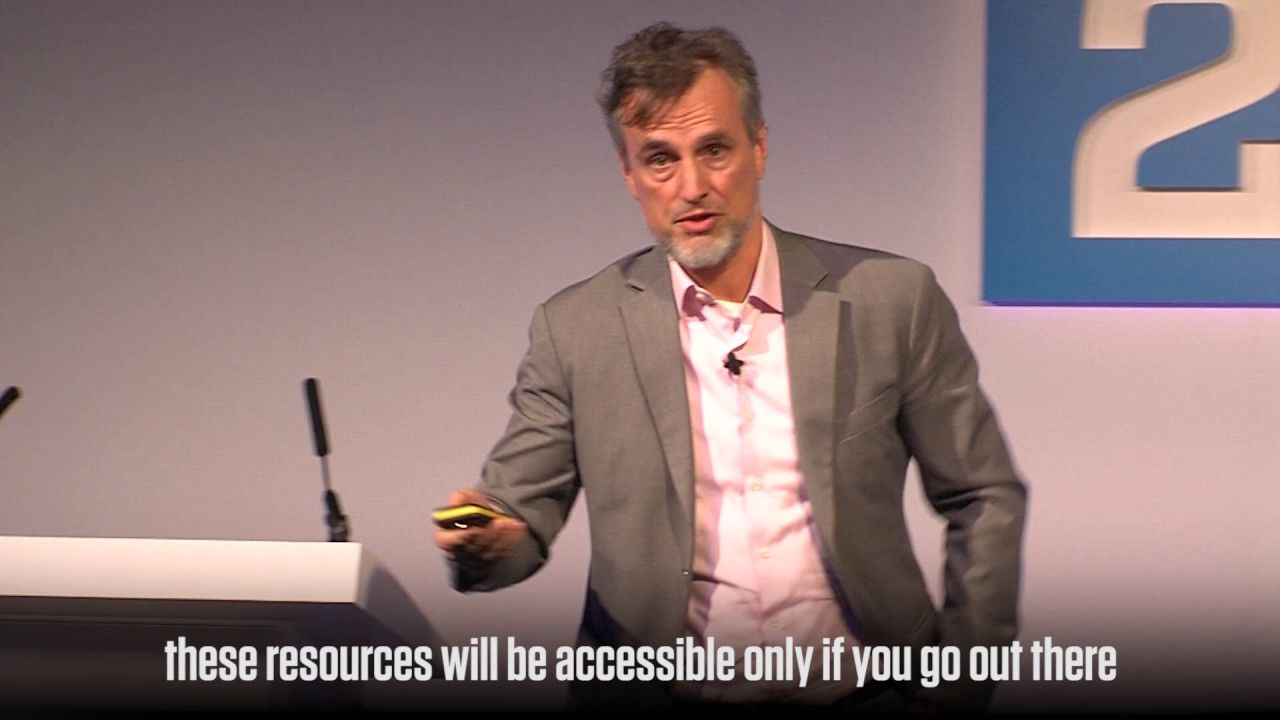
In Brief
- Jürgen Schmidhuber asserts that, by 2050, there will be trillions of self-replicating robot factories on the asteroid belt.
- In a few million years, robots will naturally explore the galaxy out of curiosity, setting their own goals without much human interaction.
Dec 9, 2016
This Caterpillar of Robots Could Become Whatever You Need
Posted by Shane Hinshaw in category: robotics/AI
Dec 9, 2016
Quantum Telepathy: Why Science Needs Weird Ideas to Advance
Posted by Shane Hinshaw in categories: quantum physics, science
George Musser explains the central role of weirdness in physics, and shatters the dreams of those who hope humans can one day tap into psychic powers.
Dec 9, 2016
Ginkgo Bioworks – Nanobots Are Finally Here
Posted by Shane Hinshaw in categories: bioengineering, biotech/medical, genetics, nanotechnology
We recently wrote an article about how we need to redefine what “nanotechnology” means in the context of looking for “nanotech” companies to invest it. When you can use synthetic biology and gene editing to change the way that bacteria function by genetically modifying them, the result are microscopic biological machines. These tiny biological machines sound a whole lot like the nanobots that we were promised which would go around doing cool things without even being visible to the human eye. Earlier this year we profiled three companies that we claimed were working on building nanobot factories that create designer organisms on demand. Let’s take a closer look at one of these companies called Ginkgo Bioworks.

Founded in 2008, Massachusetts based startup Ginkgo Bioworks has taken in a total of $154 million in funding so far with their latest $100 million Series C round closing in summer of this year. The Company refers to themselves as “the organism company” and their value proposition has attracted investment from a whole slew of investors who realize the potential of developing new organisms that can replace technology with biology. In their own words, Ginkgo Bioworks is doing “programming without a debugger, manufacturing without CAD, and construction without cranes” which requires a whole lot of intellectual firepower and may be why they have 5 founders:
Dec 9, 2016
‘Star in a Jar’ Fusion Reactor Works and Promises Infinite Energy
Posted by Sean Brazell in category: energy
Very interesting news…
New tests verify that Germany’s Wendelstein 7-X fusion energy device is on track to safely suspend plasma in magnetic fields.
Dec 9, 2016
This AI’s attempt to write a Christmas carol is absolutely bone-chilling
Posted by Sean Cusack in category: robotics/AI
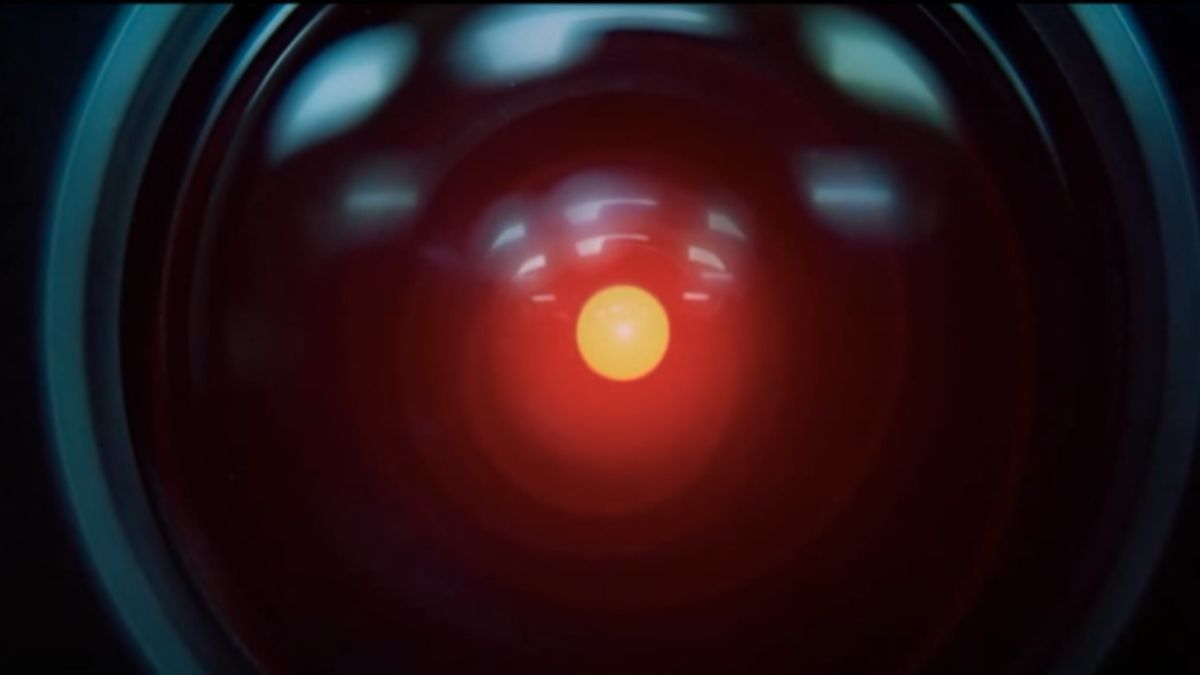
Computers are getting smarter, but first they’re stuck in some sort of uncanny valley of intelligence, reassembling normal, everyday objects into increasingly creepy combinations. First came the revelations of Google’s DeepDream technology, which, in learning to “see” objects, “saw” creepy multi-eyed organisms all over the place, turning the world into a half-sentient dog-like mess.
Now, researchers in Toronto have used a technology called “neural karaoke” to teach a computer to write a song after looking at a photo, and the little carol it penned after viewing a festive Christmas tree is an absolutely horrifying display of what these things think of us.
Continue reading “This AI’s attempt to write a Christmas carol is absolutely bone-chilling” »
Dec 9, 2016
Warehouses promised lots of jobs, but robot workforce slows hiring
Posted by Scott Davis in categories: employment, robotics/AI
Big corporations prefer robots to human employees.
It’s a sign of things to come.
In the last five years, online shopping has produced tens of thousands of new warehouse jobs in California, many of them in Riverside and San Bernardino counties. The bulk of them paid blue collar people decent wages to do menial tasks – putting things in boxes and sending them out to the world.
Continue reading “Warehouses promised lots of jobs, but robot workforce slows hiring” »
